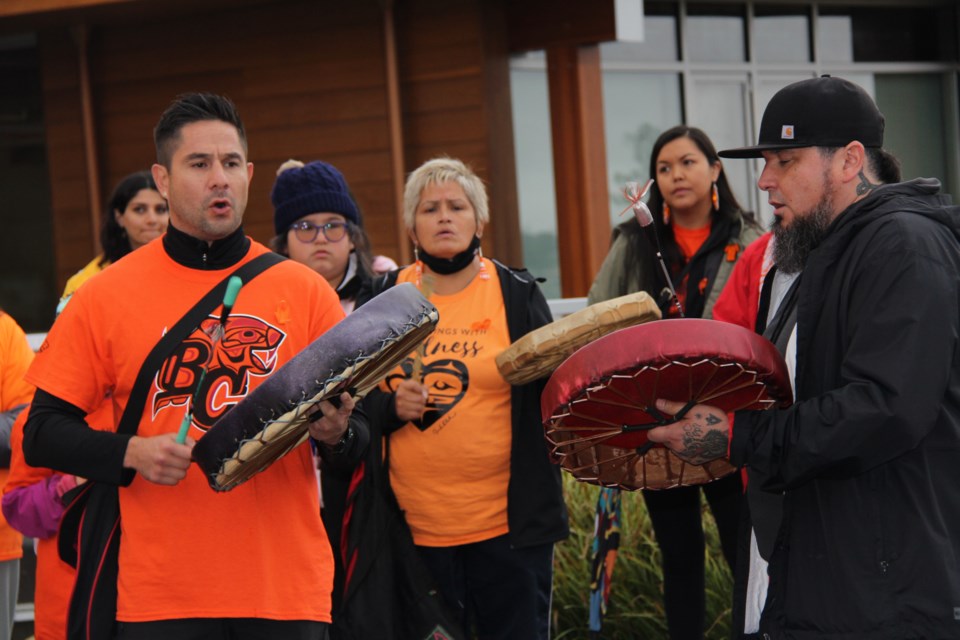Truth and Reconciliation Day should be like Remembrance Day. A day to honour and remember the children who did not make it home from out of Canada’s residential schools, and a day to honour and respect those who did.
Then again, how can one really truly come home whole after experiencing what they had inside those places? Residential schools impacted every single First Nations community across Canada.
The last residential school to close was in 1996; that was only 25 years ago, and so many people are still hurting.
The concepts of truth and reconciliation reach beyond residential schools. Canada removed First Nations from their homes and placed them on reserves. They were put under the Indian Act, and to this day still have status cards. Land is another big issue, because it was taken. And there is still so much of it that should rightfully be given back.
Culture was banned, language has been lost. It is just as difficult to read about as it is to speak about, but it is the truth and it is part of Canada’s history.
Reconciliation is about moving forward. This means the restoration of friendly relations. Being treated and living as equals, with an understanding of the truth and the history of each party.
Sept. 30 has been formally known as Orange Shirt Day since 2013, after the story of a residential school student, Phyllis Webstad, who as a six-year-old girl, had her orange shirt taken from her as soon as she arrived at the school. This orange shirt was given to her from her grandmother and she was excited to wear it.
In June, the Ottawa introduced Truth and Reconciliation Day for Sept. 30 this year — a new federal holiday that may become a provincial stat holiday in the future. This summer, more than 6,000 graves have been identified at the sites of former residential schools.
All of this is why Truth and Reconciliation Day should be treated as a Remembrance Day, not just as a federal stat. It is a day to reflect on Canada’s history and remember the children who had been not just lost, but the ones still here today who were affected.
In today's world, future generations of Indigenous children are finally starting to relearn their lost language, and they take part in their culture. Most importantly, they connect with their Elders and the rest of their community.
This is something that just 25 years ago wouldn't have happened. Looking ahead in time, this day, Sept. 30 should be a stat holiday for everyone, not just federal workers, and treated under the same light and respect as Remembrance Day would.



